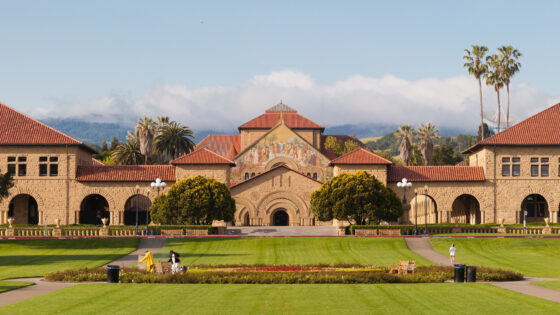“Of Nouns and Verbs, Adjectives and Adverbs, and the Scholarly Responsibility for Carefully-Nuanced Language”
Professor Juan Cole, the Richard P. Mitchell Collegiate Professor of History at the University of Michigan, recently visited our campus to participate in a Roundtable sponsored by our History Department entitled “Understanding the Revolutions of 2011: Why the History of the Middle East Matters.” His fellow participants were Dr. Richard L. Chambers, former director and Professor Emeritus of the Center for Middle Eastern Studies at the University of Chicago, and Dr. Will Hanley, Assistant Professor of History at Florida State University. The evening before, Dr. Cole delivered a lecture “Liberty, Power, and Dictatorships: U.S. Foreign Policy in the Middle East,” which, unfortunately, I was unable to attend.
In preparation for his (and their) visit, as is my want, I decided to do a bit of background reading about the participants and some of their actual writings. (The Middle East is not my primary field of expertise, though, interestingly enough, I am teaching an advanced seminar this semester entitled “Religions, Politics, and Cultures of the Middle East.”)
What struck me, in particular about Cole in these representative writings, was his repetitive use of nouns and their oft-times capitalizations: The two most prominent examples were (1) “Zionists” versus a more carefully-nuanced phrase such as “those who (continue to) advocate the Zionist perspective or orientation,” and without referring to either Israelis or Jews-and certainly not Christians or secularists who share this same world-view, and (2) “Israel Lobby” or “Lobby” versus a more carefully-nuanced phrase such as “those who lobby on behalf of Israel.”
The use of such nouns repetitively, it seems to me, for the less sophisticated in the audience, not only students but colleagues and “townies” and others far less familiar with the complexities of the Middle East and its ever-changing dynamics (including the Arab/Palestinian-Israeli situation) is that such a rhetorical device-no doubt, perhaps initially, a form of verbal shorthand but certainly open to the possibility of a calculated intellectual decision on the part of one who presents himself as an expert-bespeaks an organizational structure and a decided, in this case political, agenda, and, by extension, one somehow contrary to the American political process, both nationally by our citizenry and internationally by the State of Israel itself. Such consistently negative imaging does little to advance conversation and discussion on the part of those who should know better, and represents, to a greater or lesser degree, a betrayal of the scholarly enterprise.
Whatever else it is, the Academy must continue to be the place which rejects the notion of black versus white, either versus or. Though the late Primo Levi (1919-1987) used the term “the gray zone” to reference that place of moral ambiguity wherein decisions were made in the context of the Holocaust/Shoah which, in other contexts, would be rejected, the term itself may have relevance here. The ongoing quandaries of the Middle East-and the present moment is no exception-require of all scholars in their written and oral presentations, in this as in other arenas where we do our work, Cole being no exception, proper contextualizations and a thorough review of both our written and spoken words before delivery. Such work also requires of us an in-depth examination of the very words we use and the language we construct as well as the implications of how our words are perceived and understood by our audiences. Sloppy use of words, explosive and exploitative use of language not only does a disservice to the Academy, but advances a partisan argument only and negativizes the very foundation and grounding upon which reasonable objectivity in the discourse is to be maintained. At best, then, Professor Juan Cole deserves a “C-“ at The University of Alabama.
Steven Leonard Jacobs, DHL, DD
Aaron Aronov Endowed Chair of Judaic Studies
Associate Professor of Religious Studies
The University of Alabama
Tuscaloosa, AL 35487-0264
sjacobs@bama.ua.edu
www.as.ua.edu/rel
March 18, 2011



